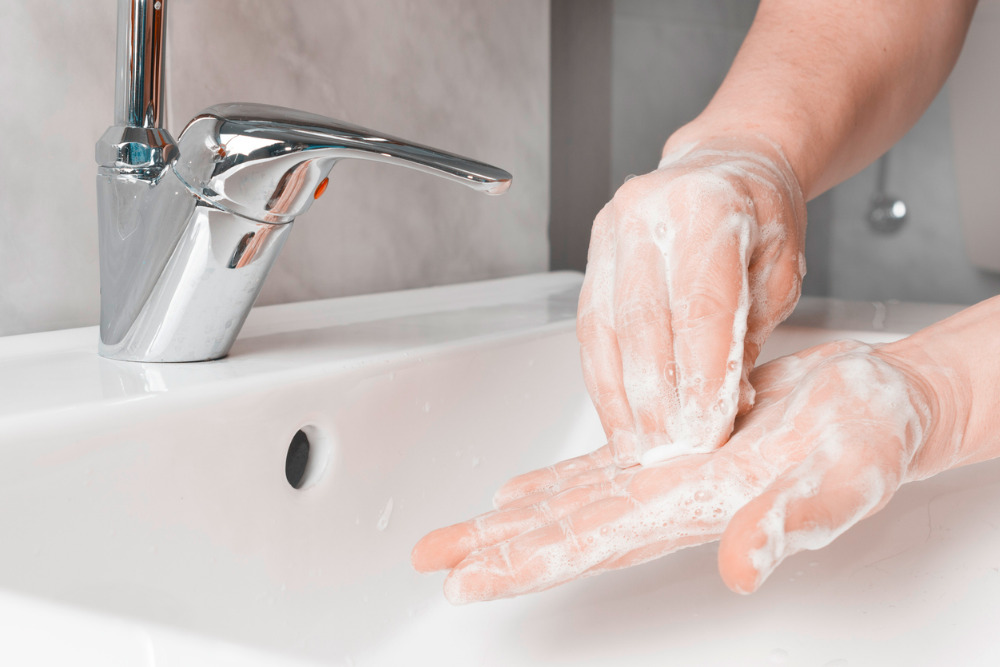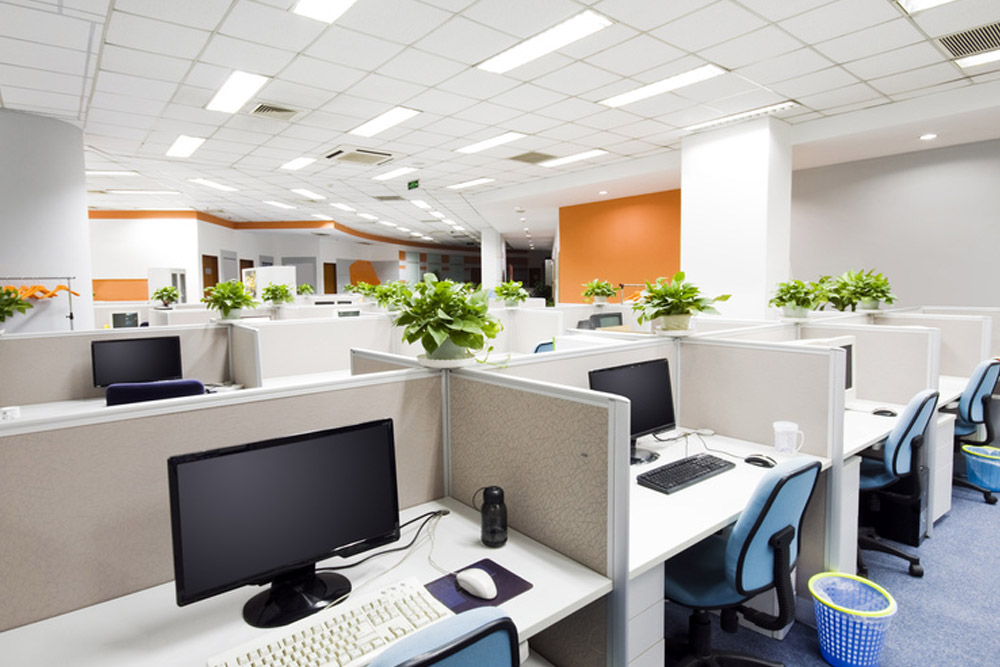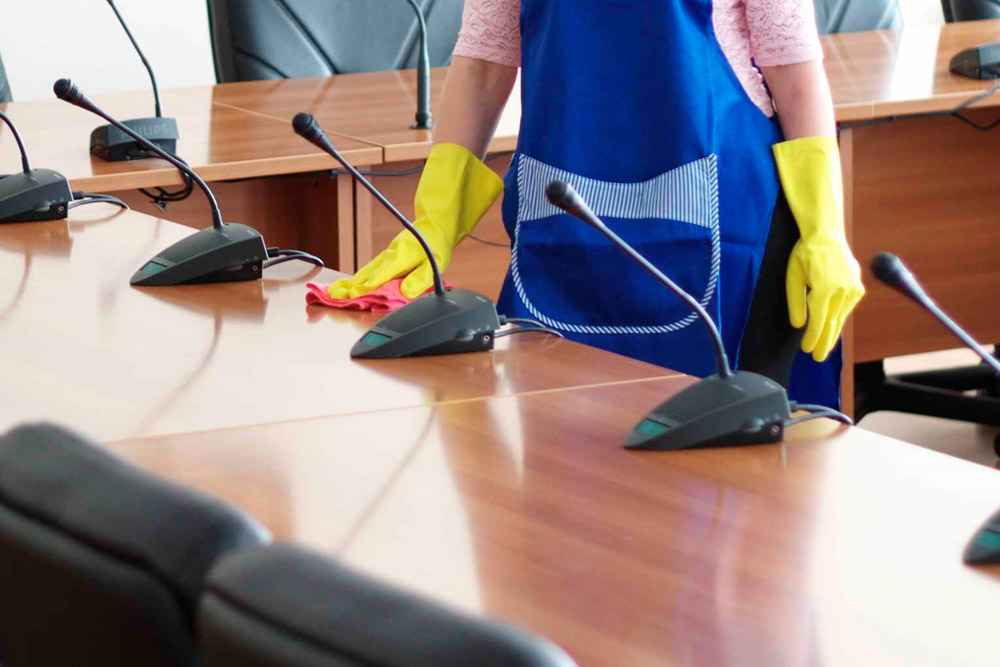How to Keep Your Office Clean and Safe During an Outbreak

What is going on in the world right now is unprecedented and we realize that you may be feeling unsure about how safe and clean your office is. You are thinking about the safety of the people who work with you and the clients who visit your office.
We all want to keep going about business as usual but it is important to take steps to ensure that our workplaces are sanitary and safe, now more than ever.
Our Kansas City janitorial team is here to give you some tips on steps you can take to keep your office clean and safe during an outbreak based on recommendations from the CDC. If you are already a client of MC Janitorial, rest assured that your facilities have been cleaned and maintained at CDC standards and MC Janitorial’s higher standards all along.
If you haven’t already had a discussion with your employees about disease-control practices, we suggest you call a meeting as soon as you gather all of the information you need. Calmly explain what measures need to be taken to keep the office safe.
Disclaimer: what you will read below is intended to reduce the risk of the virus spreading in your office. Even if you and your employees practice all of these things, you are still at risk of becoming infected.
1. Tell Employees to Stay Home if They are Sick
This is always a good thing to have in place but it is absolutely critical right now. To prevent the spread of a virus like coronavirus, people who are sick need to stay at home – even if they have a mild cold. This is going to make a huge difference in whether or not others become infected.
If you don’t already have flexible sick-day policies, now might be the time to reconsider.
2. Everyone Needs to Diligently Wash Their Hands
The World Health Organization (WHO) and the CDC both recommend that we all wash our hands often and for at least 20 seconds. WHO has a graphic that you can print out and post in your restrooms that shows proper handwashing technique. Handwashing is the best way to clean your hands. Soap+mechanical movement=clean hands
It is also suggested that people use hand sanitizer if soap and water are unavailable. Sanitizers that have 60% alcohol content or higher are considered to be good products.
Make sure your employees know that hand sanitizer is not a replacement for washing with soap and water. Unfortunately, if you don’t already have hand sanitizers in your office, you likely won’t be able to get any for a while in Kansas City – everywhere seems to be sold out at this time (3/12/2020). But the good news is that handwashing is extremely effective.
3. Regularly Wipe Down High-Touch Areas
Have your employees wipe down high-touch areas with cleaning wipes (also out in KC stores right now) or a paper towel with a cleaner that contains bleach.
High-touch areas around the office include:
- Phones
- Door handles
- Armrests on chairs
- Coffee pot handle
4. Practice Coughing and Sneezing Etiquette
Another thing we should all practice is coughing and sneezing etiquette whether there is an outbreak or not. This may seem like a weird way to phrase this but it is what the CDC says.
Ideally, if you are going to sneeze or cough, do it into a tissue, dispose of that tissue, and then go wash your hands. If a tissue is not around, sneeze or cough into the crook of your elbow.
5. Avoid Large Gatherings
Although a lot of us feel that we are in a bubble in the office, there are events that employees attend as a representative of your company with high volumes of other people i.e. seminars, conferences, large networking events, trade shows, etc. Many of these large events are being canceled, but if you have employees attending certain events that are not canceled, we suggest telling them not to go.
6. Have an Office Cleaning Crew that is Trained for Infection Control
If you don’t already have an office cleaning service with a team that knows the ins and outs of cleaning for infection control, this is something to consider investing in – at least in the short-term. If you would like more information, feel free to contact us.
We hope that we have given you helpful information that will help reduce the risk of spreading infection in your office and encourage you to share these things with your employees.



